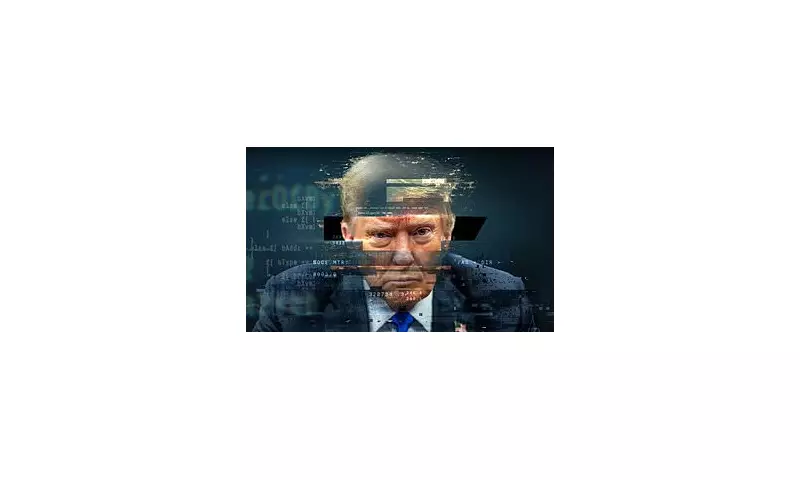
In a blistering commentary that pulls no punches, Christopher Stevens has dissected the BBC's latest Panorama investigation into the world's most powerful tech titans and their unlikely alliance with former President Donald Trump. The piece questions whether these Silicon Valley magnates truly represent the supervillains of our time or are simply self-absorbed geeks on an unprecedented power trip.
The Supervillain Narrative: Fact or Fiction?
Stevens meticulously analyses Panorama's attempt to portray figures like Elon Musk, Peter Thiel, and other tech billionaires as modern-day Bond villains orchestrating global affairs from their Silicon Valley lairs. The programme suggests these individuals have formed an uneasy but powerful coalition with Trump, potentially shaping political landscapes and technological futures according to their personal ideologies and business interests.
Beyond the Comic Book Comparisons
While the documentary leans heavily into dramatic comparisons, Stevens argues that the reality might be less cinematic but equally concerning. These aren't cartoon villains twirling metaphorical moustaches, but highly intelligent, often socially awkward individuals whose obsession with technology and disruption has granted them unprecedented influence over our daily lives.
The Personality Cult of Silicon Valley
The critique highlights how Panorama exposes the peculiar personalities driving these technological empires. From eccentric social media posts to controversial public statements, the programme examines whether these tech leaders' personal quirks and political ambitions are now directly influencing global policy and public discourse.
A British Perspective on American Tech Dominance
Stevens brings a distinctly British sensibility to the analysis, questioning whether the BBC's investigation successfully navigates the complex relationship between technological innovation, political power, and personal ego. The piece considers whether the programme ultimately reveals more about the cult of personality in Silicon Valley than any coherent political conspiracy.
As the lines between technology, politics, and personal ambition continue to blur, Stevens' analysis of Panorama's investigation serves as a crucial examination of who truly holds power in the digital age—and whether we should be looking for caped crusaders or computer code when seeking solutions to modern challenges.






